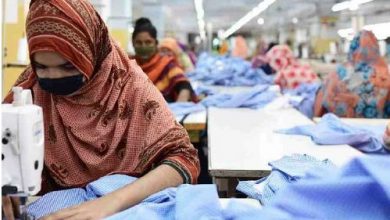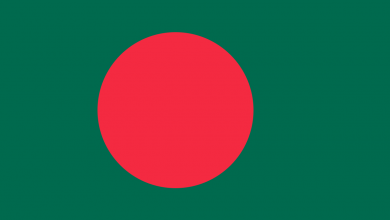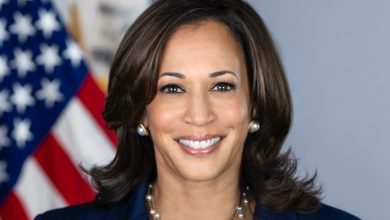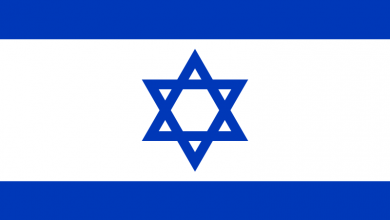Iraq Kurds head to polls with little hope for change
Kathmandu: Iraq’s autonomous Kurdistan region headed to the polls on Sunday to elect a new parliament for the oil-rich region, where voters have expressed disenchantment with the political elite.
Iraqi Kurdistan presents itself as a relative oasis of stability in the turbulent Middle East, attracting foreign investors due to its close ties with the United States and Europe.
However, activists and opposition figures contend that the region, autonomous since 1991, faces the same issues affecting Iraq as a whole: corruption, political repression and cronyism among those in power.
Originally scheduled for two years ago, the vote has been postponed four times due to disputes between the region’s two historic parties, the Kurdistan Democratic Party (KDP) and the Patriotic Union of Kurdistan (PUK). Each party is controlled by a powerful Kurdish family — the KDP by the Barzanis and the PUK by the Talabanis.
Despite holding election rallies and mobilising their patronage networks, experts say there is widespread public disillusionment with the parties, exacerbated by the region’s bleak economic conditions. Huri Mohammed, a 66-year-old housewife, said she voted for the KDP, which dominates the regional capital Arbil, as it “serves the people”. She expressed hope the next government would “pay attention to the poor classes: the majority of our population has limited means”.
Dilman Sharif, a 47-year-old civil servant in Sulaimaniyah, the second-largest city in Iraqi Kurdistan and a stronghold of the PUK, said he opposed the government. “I urge everyone to mobilise and vote against this regime,” he said ahead of the election.
Opposition parties such as New Generation and a movement led by Lahur Sheikh Jangi, a dissident from the Talabani clan, may gain from a protest vote, said Sarteep Jawhar, a PUK dissident and political commentator. At a polling station in Sulaimaniyah, about 20 people were already lined up to cast their ballots Sunday morning when the voting began.
Political analyst Shivan Fazil, a PhD student at the US-based Boston University with a focus on Iraq, noted that there was “a growing fatigue with the region’s two ruling parties”.
“People’s living conditions have deteriorated over the last decade,” he said, citing erratic payment of salaries for the region’s 1.2 million civil servants as problematic because the money serves as “a vital source of income for households”.
This issue is tied to ongoing tensions between Kurdistan and the federal Iraqi government in Baghdad, amid disputes over control of the region’s lucrative oil exports.
RSS/AFP






Comments